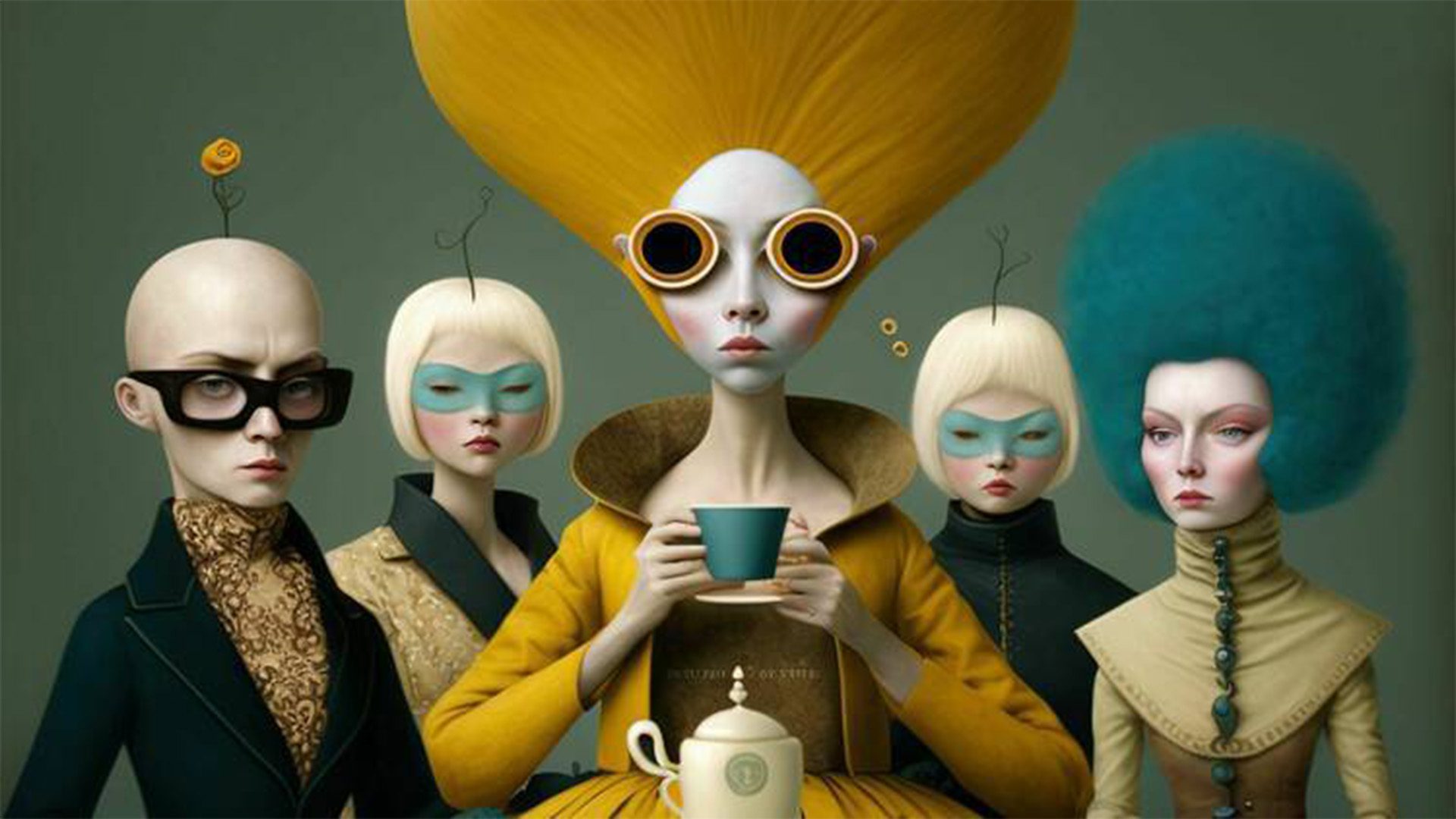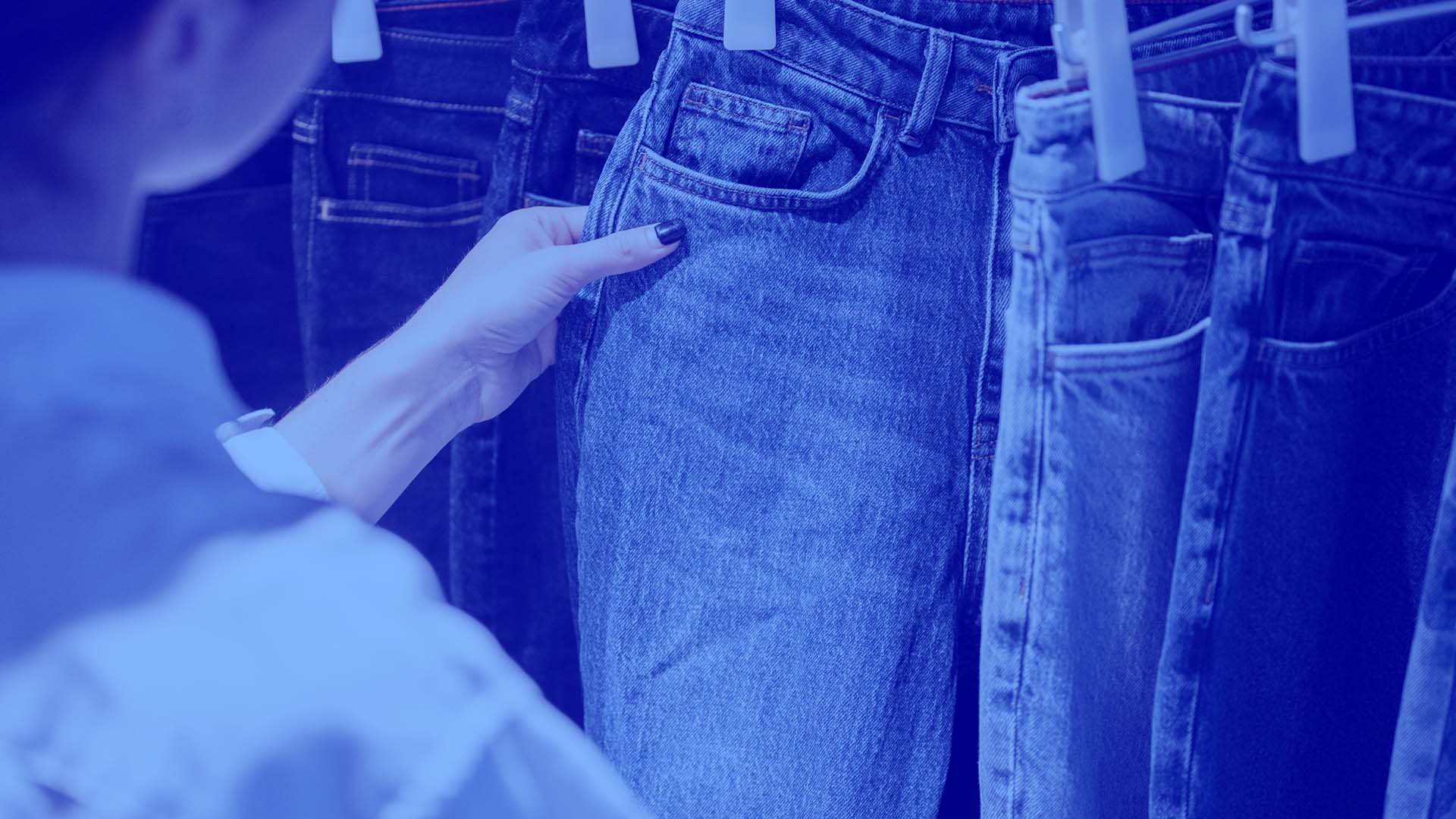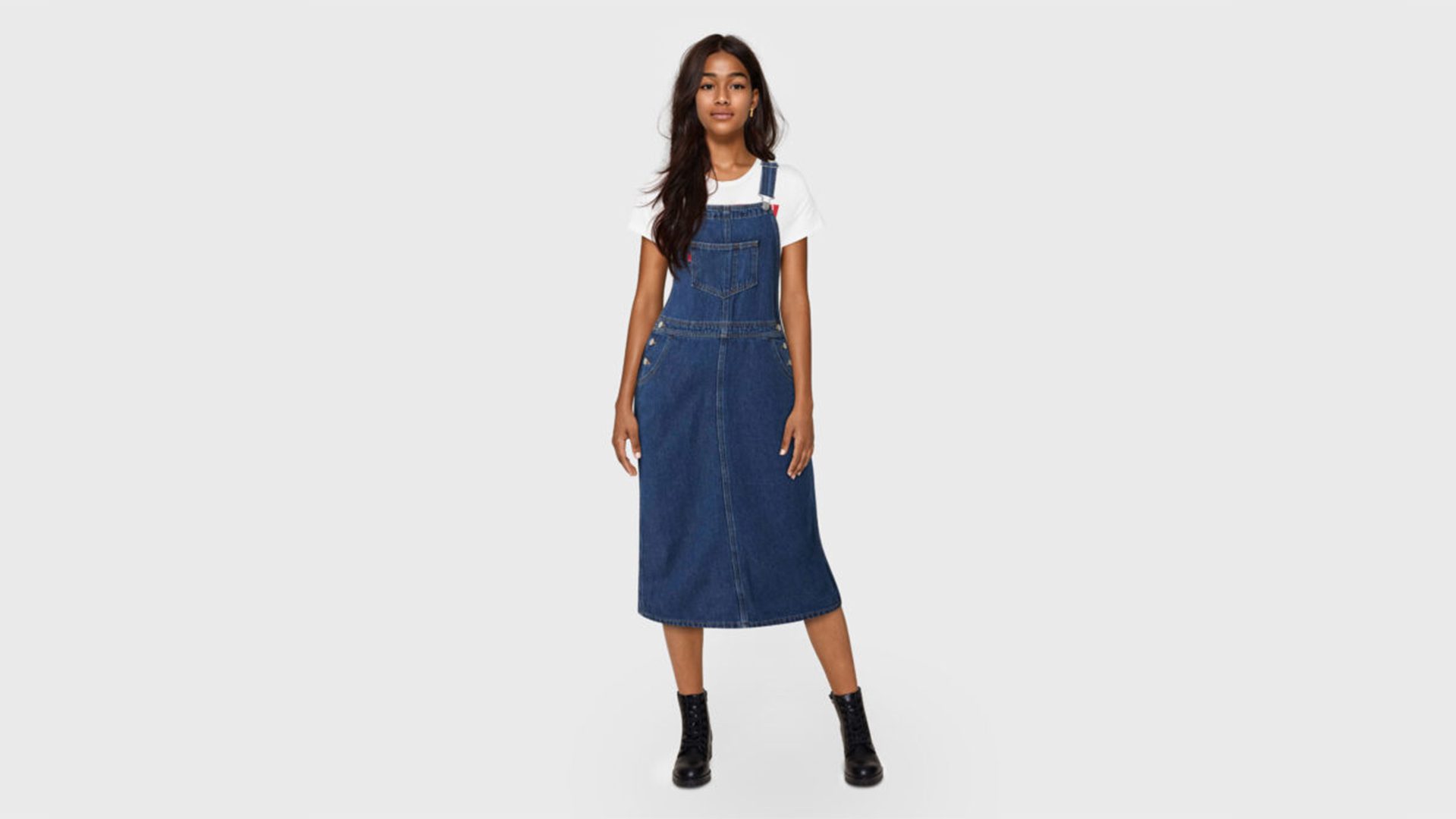Photographer Boris Eldagsen’s image titled “The Electrician” took first place in a category at the World Photography Organization’s Sony World Photography Awards. The only problem is that the image wasn’t a photograph, it was actually an AI-generated image that was created using DALL-E 2.
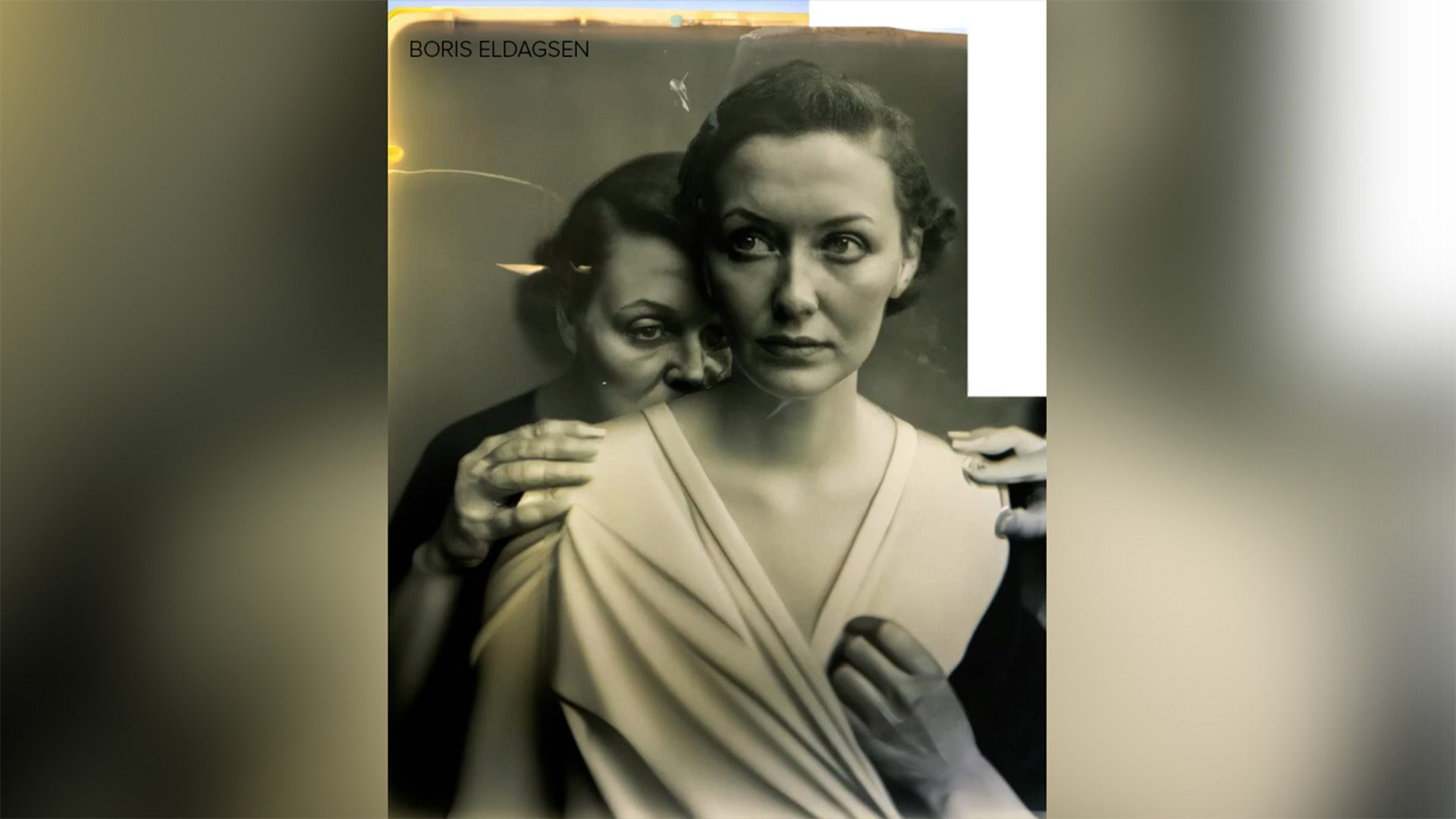
Though German photographer Boris Eldagsen refused to accept the prize for the category, the artificial intelligence image titled “The Electrician” won first in the creative category in the open competition. The 1940s-style black-and-white image depicts a woman standing behind another with her hand on the other woman’s shoulders. Hands appear to be adjusting the dress of the woman in the foreground and the gazes of both of the women are averted from the camera.
“It was not about winning anything,” Eldagsen stated, “I was just making a test to see if they were aware — like a hacker who hacks a system not to exploit it, but to see if there are weaknesses.”
Though the image may initially appear photorealistic, Eldagsen himself said that the image “has all the flaws of AI.” A few flaws that indicate the image was AI-generated rather than a photograph include the position of some of the fingers, the appearance of some of the fingernails, and the shape of the women’s pupils.
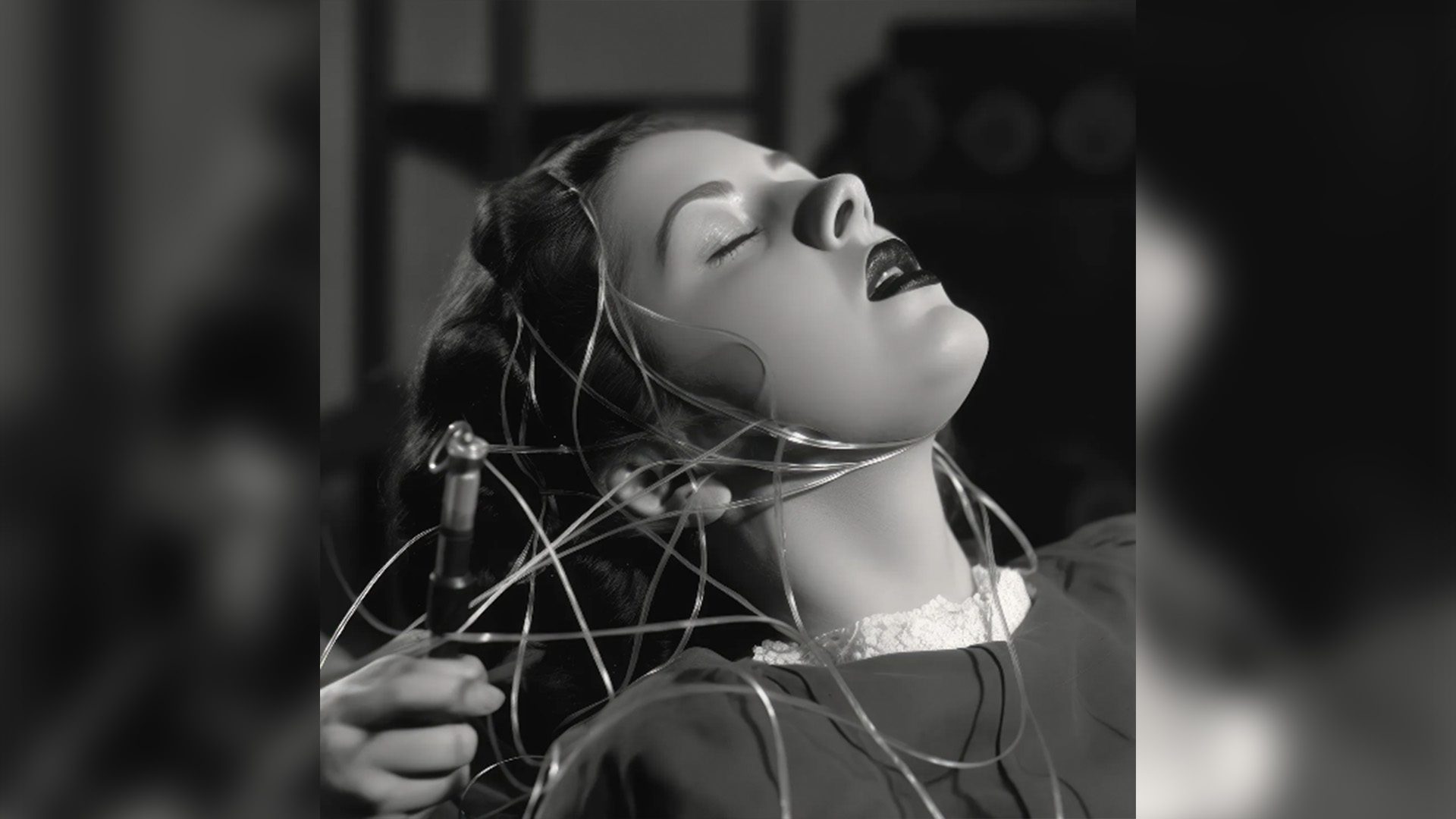
The winning artist was reportedly surprised that the image won and immediately told the competition’s organizer’s that the image was AI-generated. AI image-generation platforms such as Midjourney, DALL-E, and Stable Diffusion have increased in popularity in recent months. The platforms can be used to create art in the style of a particular artist, edit existing images, or even create photo-realistic images of fictitious people or events.However, photo editing is an art, and you need to become a master of it to create images that can astonish others.
Elgdasen generated the image in September using DALL-E 2 in a process he called “promptography”. “The Electrician” is part of a series that the artist calls “pseudomnesia,” the Latin term for “fake memory.” According to his website, the images are “fake memories of a past, that never existed, that no one photographed,” created by putting them through AI image generators between 20 and 40 times.
“For me, working with AI image generators is a co-creation, in which I am the director,” he wrote on his website. “It is not about pressing a button – and done it is. It is about exploring the complexity of this process, starting with refining text prompts, then developing a complex workflow, and mixing various platforms and techniques.”
The piece was created to start a conversation about the relationship between AI and photography. As AI-generated images and art become increasingly realistic, Elgdasen believes that competition organizers should create separate categories for AI images.
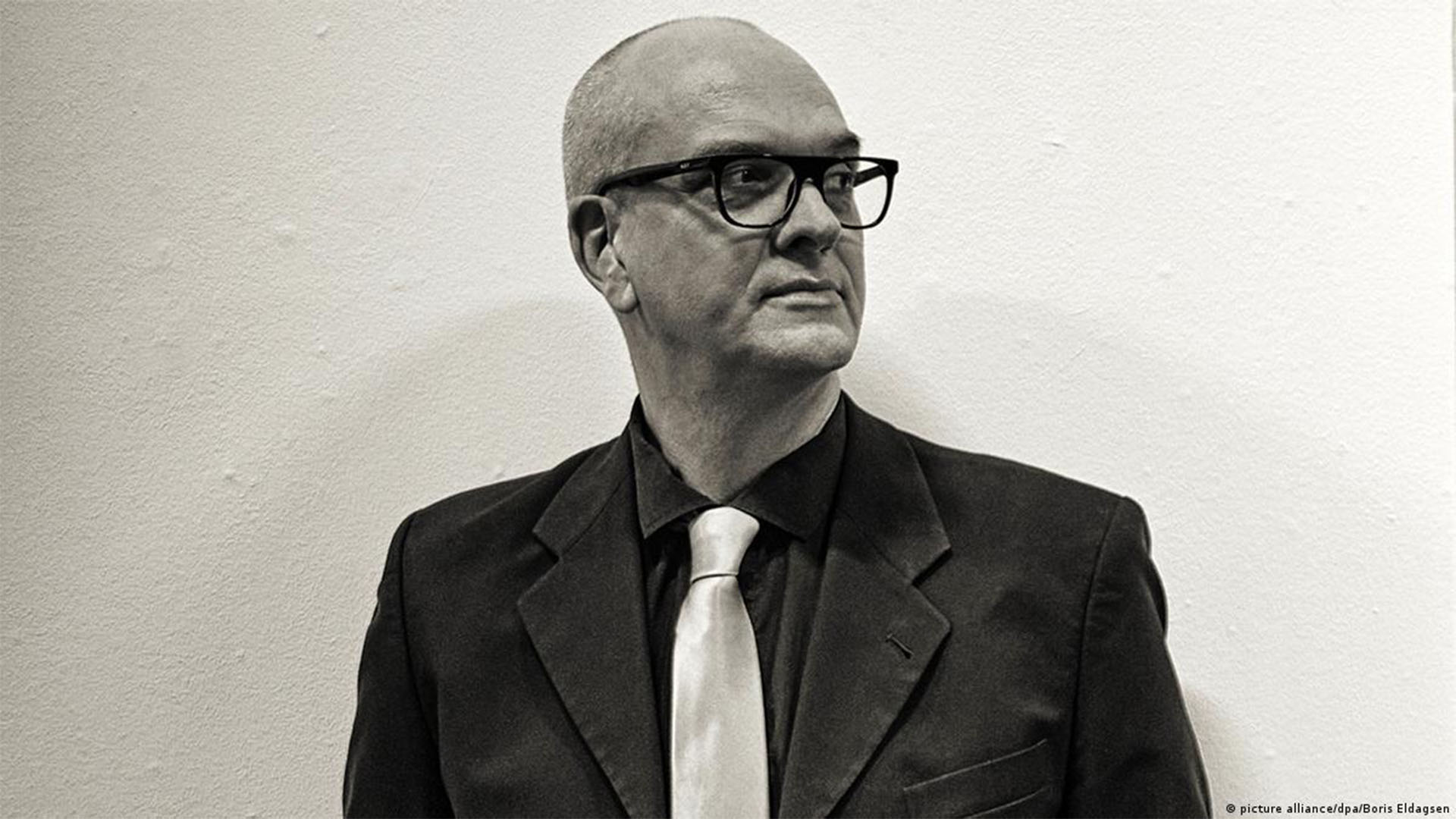
“The photographic language of photography has now separated itself from the medium,” Eldagsen told Insider. “It’s free-floating. It’s an entity in itself and got all the knowledge and the quality of the image making from the photographic medium. But is it photography? That’s a debate I just wanted to start. I don’t have easy answers.”
Organizers said that 2023 has seen the highest number of entries in the awards’ 16-year history, reporting more than 415,000 images entered and more than 180,000 eligible in professional categories. Three finalists and five to seven photographers were shortlisted in each category. The selected images were submitted by photographers from more than 30 countries across the world.
“The Electrician” has subsequently been removed from the Sony World Photography Awards 2023 and is no longer featured on the World Photography Organization’s website or at the physical exhibition in London. A spokesperson for CREO, the company behind the awards, stated that the competition welcomes experimental approaches.
“While elements of AI practices are relevant in artistic contexts of image-making, the Awards always have been and will continue to be a platform for championing the excellence and skill of photographers and artists working in the medium,” the spokesperson added.



